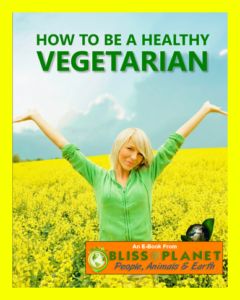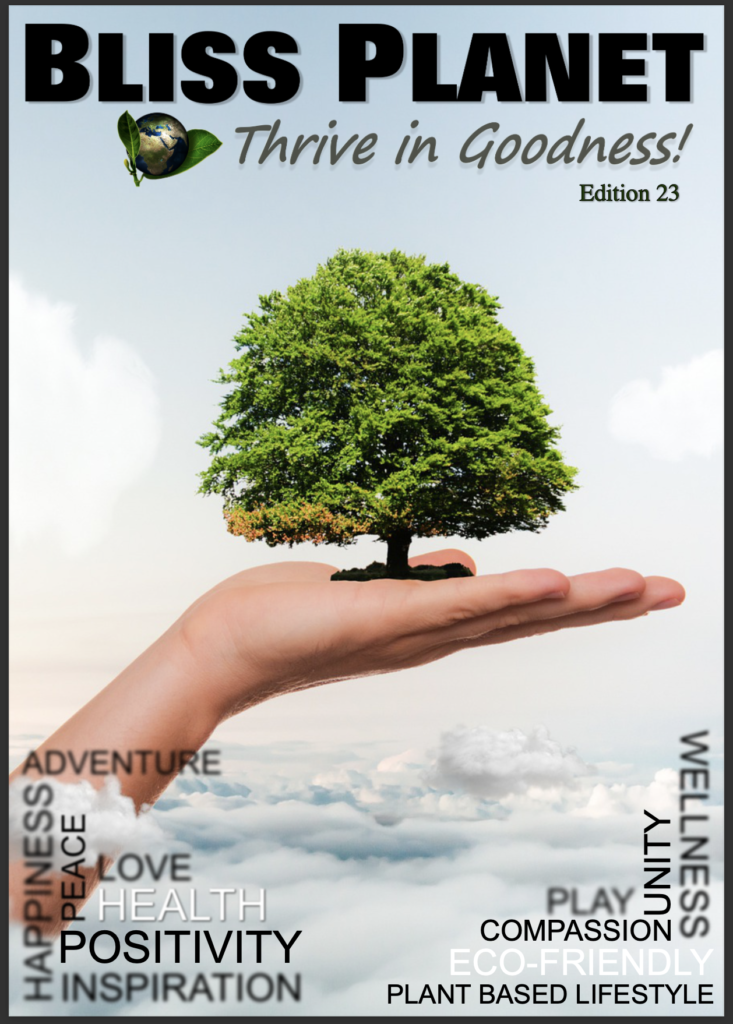Learning the importance of living rather than “D-I-E ting” can save your life. This is another in the series of learning to become a Vegetarian and eating to live. As we all learn to eat more vegetables, fruits, nuts our health will improve and our Medical needs diminish.
There are vegetarians and there are vegetarians. In this article I will discuss a key point I made in my previous article, Do I become a “vegan” overnight or gradually. It’s up to you to decide. Personality will play a key role. Make a plan and identify how you will transition. Once you are a vegan you will become the healthiest you’ve been in your life!
My recommendation is that your goal is to become a “pure” vegan. I will discuss what that means below. There are categories of vegetarian lifestyles and each will help in your transition from meat-eater and Standard-American-Dieter (SAD) to vegan. Here I will teach you four categories of vegetarian to help you determine the category you fall in and then determine how to go from that category to a pure “vegan”.
Some people claim to be vegetarians when really they’ve just cut back on their animal products consumption. This is the “beginner” vegetarian. On the other end of the scale, the “expert or pure” vegan eat no animal protein at all, or anything produced by animals – including milk, eggs, cheese, dairy, poultry, fish, and honey. So where do you fit in? The first thing to do when approaching the vegetarian lifestyle is determine exactly what kind of vegetarian you are. Your goal for optimal health will be to become the “expert/pure” vegan. But keep in mind even a “beginner” vegetarian will improve their health as they eat less and less animal products.
There are four main vegetarian categories, although you can read articles about many others:
- Beginner Vegetarian: The beginner vegetarian is someone who has recognized the importance of reducing their intake of meat, poultry, dairy and fish products. They have heard of the vegetarian lifestyle but don’t really understand it. So, they say to themselves, friends and family, “I am going to become a vegetarian so I won’t eat as much meat, fish, dairy or poultry”. Although not a vegetarian in the true sense, they are at least thinking about becoming one.
- Lacto Ovo (Intermediate) vegetarian: A lacto ovo vegetarian eats mostly plant foods. They also eat eggs and dairy products including yogurt, milk, cheese and ice cream. This is the first step most people take when they switch to a vegetarian diet. It’s very easy to be a lacto ovo vegetarian because it fulfills their nutritional requirements and still tastes good. The mistake most new vegetarians make is that they think they can’t give up the old tastes they are familiar with. But as your food choices change so do your taste buds and the adaptations is easy over a very short time. Covering things with cheese might seem to be a viable crutch for the lacto ovo to get flavor but it also adds lots of lousy, very unhealthy fat! It’s also not far off from the Standard American Diet (SAD) since there are always restaurant choices – including fast food options -no matter where they are or who they’re with. A lacto ovo can usually find something to eat.
- Lacto (Advanced) vegetarian: Lacto vegetarians eat no animal protein or eggs. They do, however, consume dairy products. Not avoiding dairy entirely makes cooking less challenging. Lacto vegetarians don’t eat eggs because, as ovum, they’re potentially animals or they choose not to eat eggs because they’re uncomfortable with egg farming practices. Lacto’s are a step beyond the Lacto-Ovo because they illuminated eggs, which is a good thing, but they are still limiting how healthy they could become if they just went a step further!
- Pure vegetarian (Expert ) or vegan: Expert or Pure vegans avoid all animal proteins and animal by-products (no meat, fish, poultry and dairy). This is the best form of vegetarian lifestyle as vegans get all of their nutrition from grains, vegetables, fruits, legumes, nuts and seeds. They will reap the optimal health benefits the fastest. Evidence of this fact has been scientifically proven in books such as L. Colin Campbell’s “The China Study” and John Robbins’ “Healthy at 100”. Vegans are expert at avoiding all commercially produced foods that contain animal proteins – most breads are made with eggs, for example, and many nondairy products are thickened with casein, a protein extracted from milk. Even vegetarian “burgers” often contain eggs! Despite the challenges, the vegan diet is steadily growing in popularity in recent years since more vegetarians have become savvy label-readers and vegan-friendly food companies have created more products for them.
Finally there are “Pesco-Pollo” vegetarians who avoid red meat but eat poultry and fish; “Pesco” vegetarians who don’t eat poultry, beef or pork but they do eat fish; even the humorous “Lacto-Ovo-Pesco-Pollo-Carne” vegetarians who claims he didn’t fight his way to the top of the food chain to be vegetarian, obviously he is going to remain a die hard carnivore. But statistically, he will succeed in dying very young of coronary heart disease, diabetes, kidney failure or any other of the many health related illnesses due to high animal based protein (SAD) diets!Once you’ve discovered which of these vegetarian lifestyles you currently are, labeling your lifestyle is less important than figuring out how to transition from a meat-based SAD diet to a pure vegetarian (vegan) one for all the health benefits.
Forget about all the food experts and especially the false information by those that claim they know what you should do to get healthy. All the diets that are out there don’t work and are just that “D-I-E ts” that will kill you. I have nearly 60 years experience in health and fitness and have tried them all. What you need is a lifestyle change. That lifestyle change is to become a vegetarian.
For more Vegetarian recipes, information, resources, and a forum visit the Vegetarian Center at Vegan-Vegetarian Forum
Download this great resource as an e-Book 🙂 How To Be A Healthy Vegetarian – eBook






